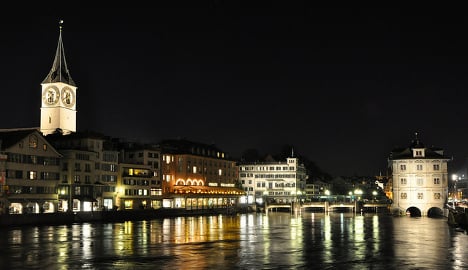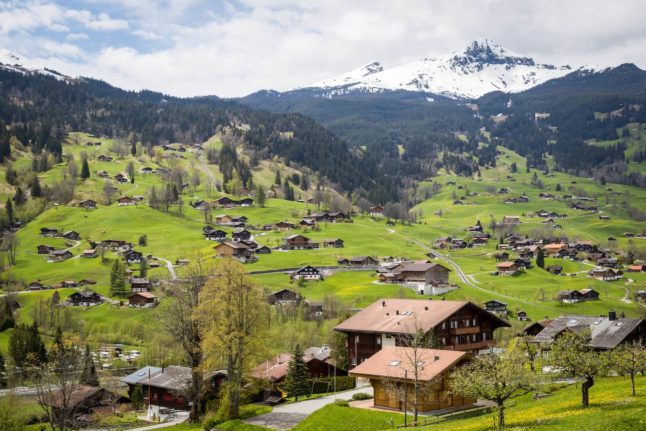Switzerland’s largest city placed second in Mercer’s 2016 Quality of Life survey, after Austrian capital Vienna took the top spot and Geneva came eighth.
The study examined social and economic conditions, health, education, housing and the environment, and is used by big companies to assess where they should locate themselves and how much they should pay expatriate workers.
The survey identified safety as a key consideration for companies sending expatriates abroad, “both because it raises concerns about the expat’s personal safety and because it has a significant impact on the cost of global compensation programmes,” Mercer said in a press release.
Switzerland is known as a safe country, which the Mercer report confirmed by placing Zurich and Swiss capital Bern joint second for safety along with Finnish capital Helsinki, behind Luxemburg in first place.
Last year Switzerland was judged the safest city in the world by New York-based research website ValuePenguin.
The report drew attention to Switzerland’s low reported violent crime rate – seven per 100,000 people – and its compulsory health insurance system.
British expat Chris Southwell, a former professional snowboarder who last year set up personal concierge service for expats Allow Me near Zurich, agrees that safety is a big asset of the city.
“You don’t feel threatened walking around at night, which I think is really nice for families, to have that security,” he tells The Local.
“When you feel safe you can relax and really enjoy life more.”
This safe environment is generated because of the Swiss mentality, he says.
“How they care for each other, how they have been brought up. You see it when the kids go to school, they walk along on their own. From a young age they have been brought up in that way.”
Southwell, who has lived in Switzerland for many years, also praises Zurich’s quality of life and abundance of activities.
“Within an hour’s drive you’ve got mountains for skiing and hiking, to spend great weekends away. You’ve got the lake which is very clean and you can swim in it.”
“It’s got a great transport network, everything works on time.”
Of course Zurich has its downsides, one being the high cost of living. But that’s balanced out by higher earnings and lower taxation, notes Southwell.
“The price of living is higher, but we’ve got lower tax and other financial benefits like that, so it creates a better economic environment for you to grow yourself personally,” he says.
The only downside to living in Zurich is the Swiss propensity to be a stickler for the rules, he says.
“It’s very law abiding. You can have a barbecue or something and you have to make sure you tell all your neighbours and even invite them. There’ve been cases where the neighbours have gone to bed at ten pm and then called the police to complain about the noise.
“You’ve got to know the laws and obey the laws. But as long as you stay on the right side it’s a very nice place to live.”



 Please whitelist us to continue reading.
Please whitelist us to continue reading.
Member comments